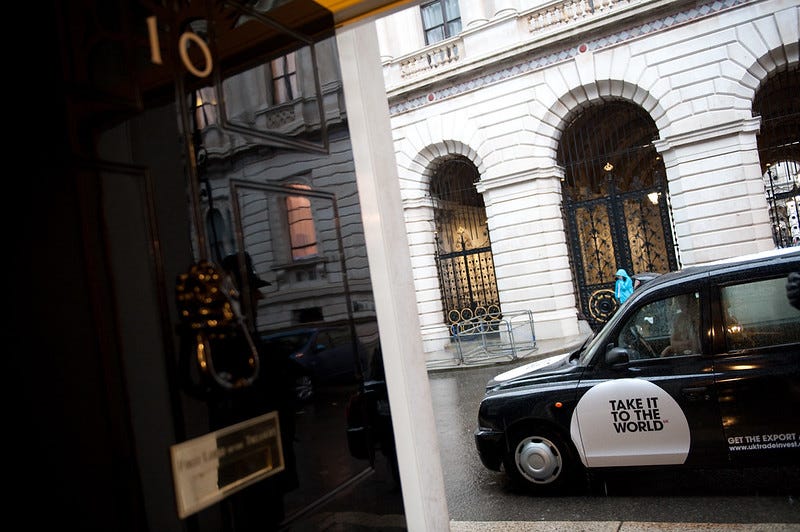Last Tuesday, an invitation popped into my inbox from the Centre for Policy Studies, the centre-right think tank. They had decided, at very short notice, to hold a discussion on the future leadership of the Conservative Party.
Having recently recovered from Covid, I decided it was time I started going out again. And besides, the assembled panel of speakers looked more thought-provoking than several of the candidates to become our next Prime Minister. Now that I have attended the CPS event and watched the two TV debates to be held so far, I can report that my judgement was (partially) vindicated.
One aspect that the panellists all seemed agreed upon was the lack of real policy initiatives that the candidates had developed by last week. (I suspect the panellists would say the same if asked today.) There was little or nothing, so the panellists said, that would appeal to the electorate at the next general election, likely to be held in 2024. The panel saw this as a significant failing. The CPS had argued for an extended selection period for the new leader, so that there could be a genuine debate over the future direction of the Conservative Party.
This struck me as most odd. A general election is not just two years away. It is, for these candidates, two elections away. The first election is going on right now, with just 357 people – the Conservative MPs – having a vote. Two of the candidates will “win” that election and go into the next one, which will run until 5 September with members of the Conservative Party (thought to number around 180,000 people) having a vote.
Rightly or wrongly, the decision criteria used by those two (s)electorates will not be the same as the criteria used by the national population at a general election. It could be a serious tactical mistake for the current candidates for PM to confuse those three elections by campaigning now based on policies which are better-suited to a general election in two years’ time (or vice versa).
In an ideal world, that wouldn’t be true. If democracy wasn’t a recurring competition in which (absent a coalition) winner takes all, policies would be thought about, debated and publicised – and then re-thought, re-debated and re-publicised, over and over – in an intellectually transparent and honest manner. Changes of direction would be made when changes in circumstances made it advisable to stop following the existing strategy.
But in the real world, politicians have to deal with the electorate in front of them. It is well-known that, in the US for example, presidential candidates typically fight the primaries by tacking to the left (Democrats) or the right (Republicans) and then veer back to the centre for the national election. It should come as no surprise that, ever since the two main UK political parties opened up their leadership elections to the membership as a whole, a similar pattern has developed.
It doesn’t have to be like that. Frankly, it shouldn’t be like that. If party leaders were chosen by their MPs, not by the membership at large, Jeremy Corbyn would never have led the Labour Party. And, without Corbyn at Labour’s helm, there must be at least a chance that 51% of Conservative MPs in 2019 would not have supported a mendacious charlatan who – as time has demonstrated and more than 50 members of his own government told us earlier this month – was utterly unfit to hold office.
The UK is a parliamentary democracy. The Prime Minister has to be able to command the confidence in the House of Commons. Only MPs can determine that. It is a flaw in both main parties’ leadership selection processes that they permit the possibility that, whilst in government, the party could choose a leader who fails to command the confidence of even their own party.





Thank you very much for your trenchant comments, especially: "The Prime Minister has to be able to command the confidence in the House of Commons. Only MPs can determine that."
I'm just relieved we were spared a third TV verbal scrap. Cambridge Dictionary: 'first among equals'
idiom UK a member of a group who is officially on the same level as the other members but who in fact has slightly more responsibility or power:
The prime minister is first among equals in the cabinet.
We do not have a presidential system in this country: even if BJ tried to trump that.
And why such a convoluted system of election by MPs? Why not one hustings for MPs and then one election by Single Transferable Vote?
My vote at a General Election is based on the party's manifesto.